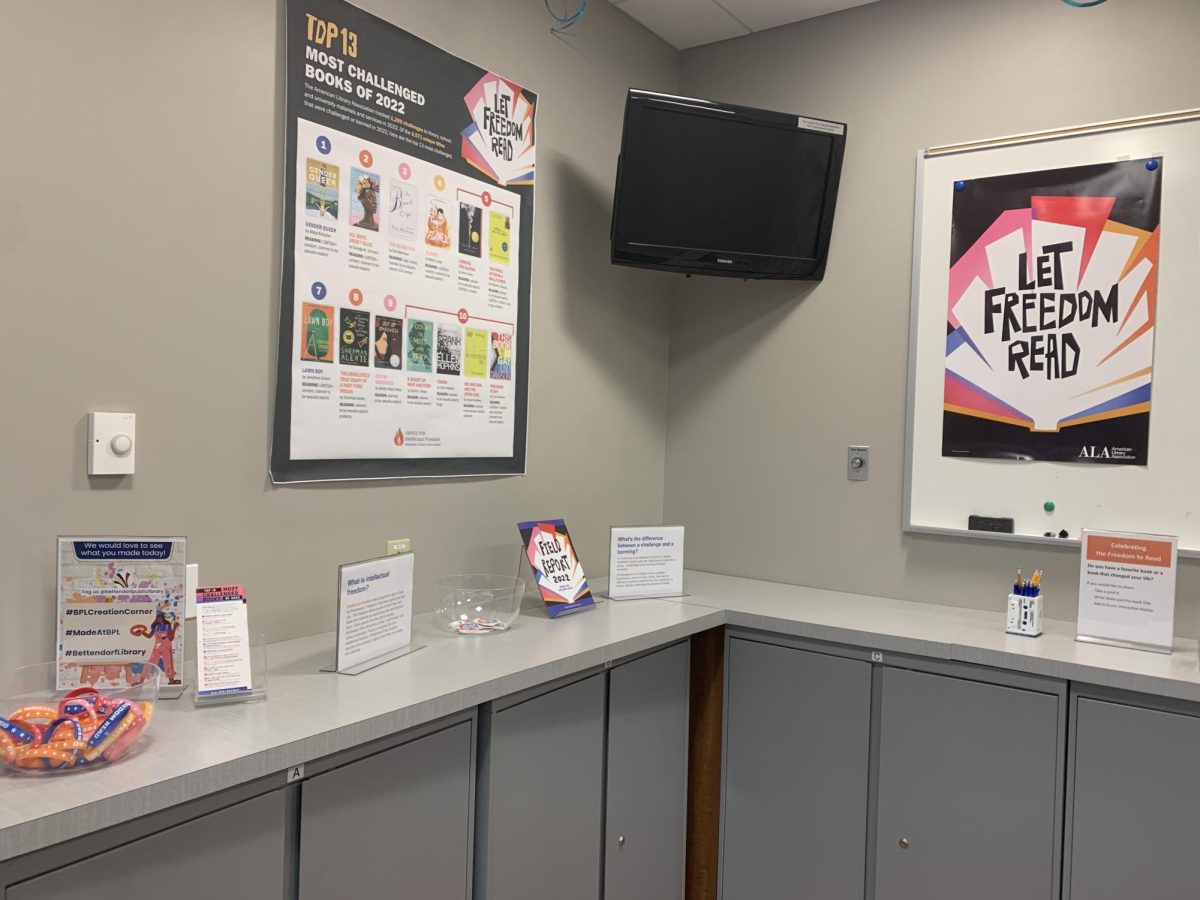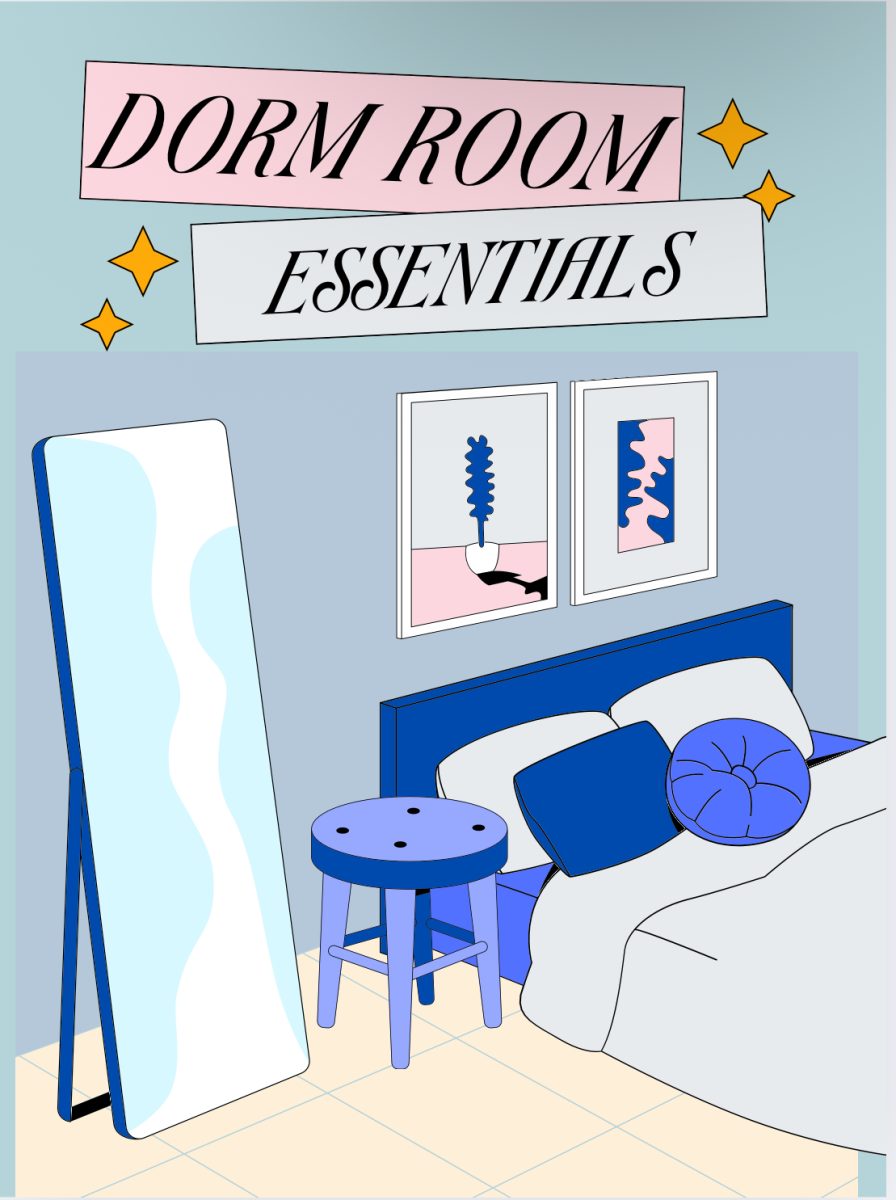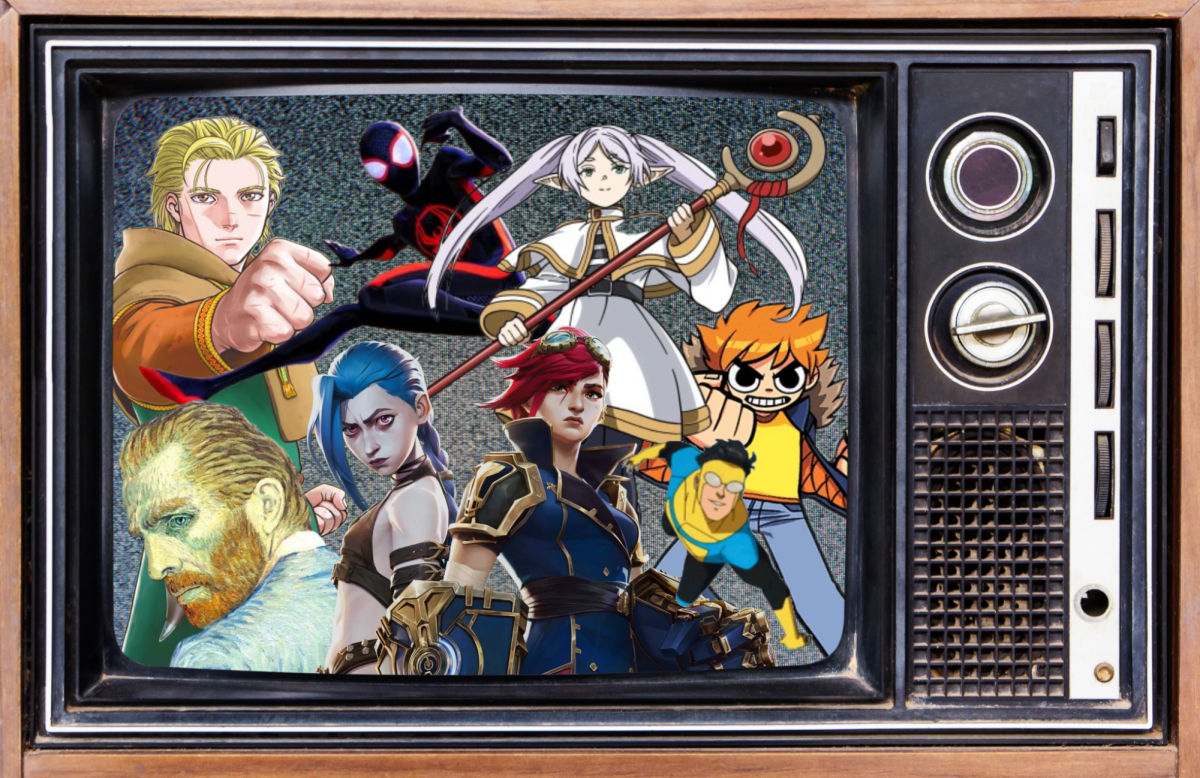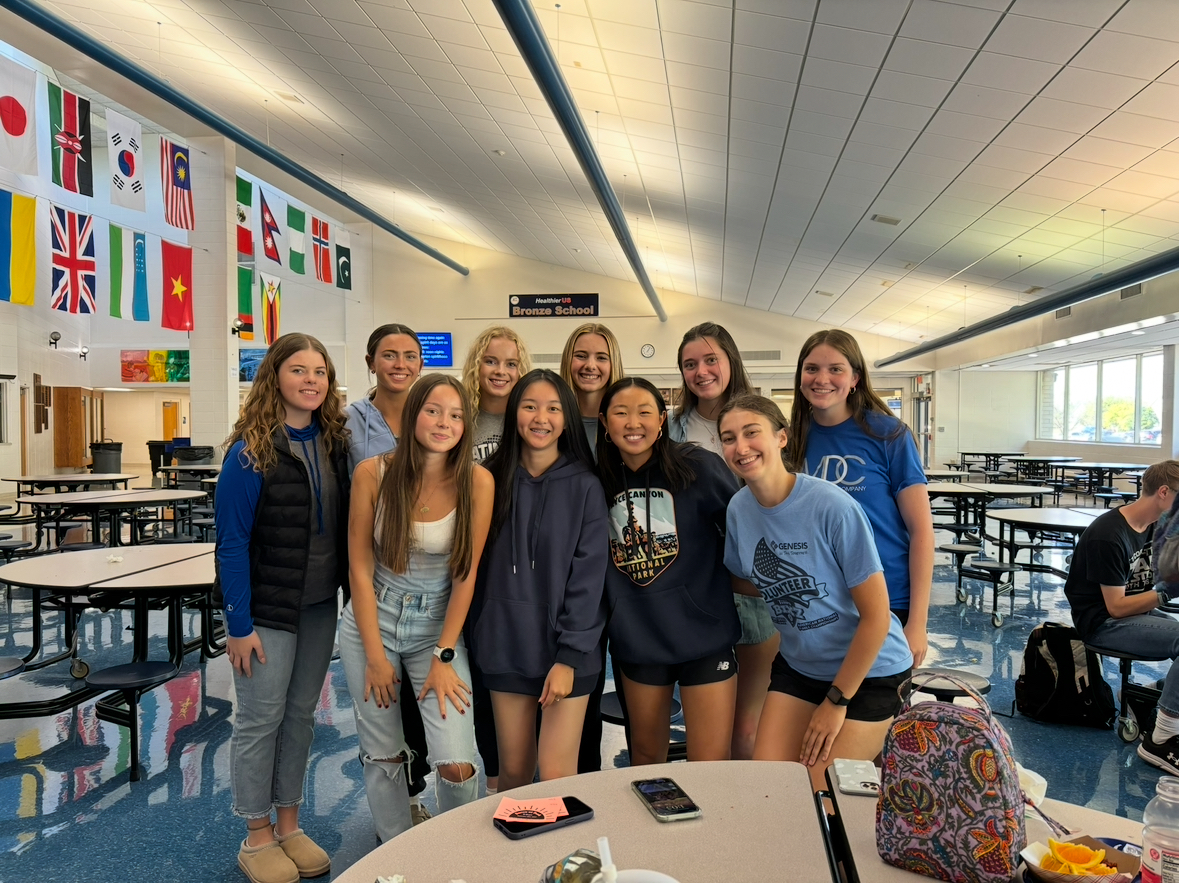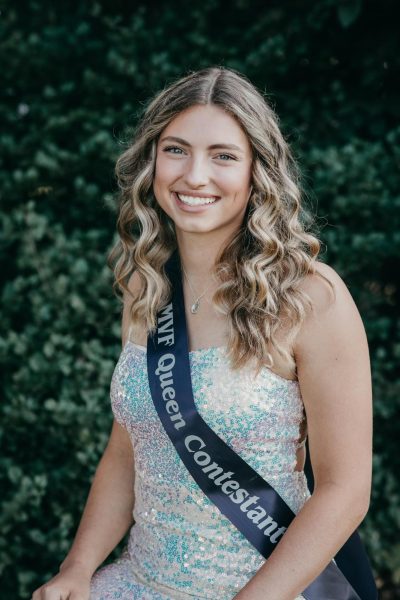The first week of October is National Banned Books Week. Started by the American Library Association’s Office for Intellectual Freedom, the event advocates against restricting information in school and public libraries. In 2022 alone, there were 1269 attempts to ban or restrict library materials. Most recently, Iowa introduced Senate File 496, banning certain books from school libraries and curricula and prohibiting students “to serve on any committee that determines, or provides recommendations related to, whether a material in a library operated by the school district should be removed.” Now more than ever, students should support banned authors and read commonly challenged books.


All Boys Aren’t Blue by George M. Johnson
Johnson’s young adult memoir was the second most frequently challenged book of 2022. Among the reasons for banning include LGBTQIA+ and sexually explicit content. In reality, the novel is really a poignant coming-of-age narrative about self-identity and community. Through a series of essays, Johnson shares everything from his loving family and fiercely supportive grandmother to bullying and assault. Following his childhood in the South to early adulthood at an HBCU, the book details his experiences growing up as a queer Black man.
The Hate U Give by Angie Thomas
One of the most recognizable young adult novels today, “The Hate U Give” has been removed from libraries across the country due to “profanity, violence, and because it was thought to promote an anti-police message and indoctrination of a social agenda.” Despite being the fifth most challenged book of 2021, the book won the Michael L. Printz Award and Coretta Scott King Book Award and was adapted as a movie. Thomas’ debut novel centers around high schooler Starr Carter’s life after the killing of her best friend Khalil at the hands of police. The book’s themes center around race and Black identity in America, discussing gang violence, racial profiling, and fitting into a majority-white society.
The Glass Castle by Jeannette Walls
Centered around her childhood in a dysfunctional, nomadic, family, Walls’ 2005 memoir was the seventeenth most frequently challenged book from 2010 to 2019. Like many others, this book’s depictions of trauma and experiences of sexual assault have caused it to be banned for offensive language and sexually explicit content. Walls and her two siblings grew up in a constantly-moving family where alcoholism meant unstable income and debt evasion. She describes her upbringing taking care of herself as well as eventual success in college despite growing up without formal education.
Maus by Art Spiegelman
This graphic novel, published in 1986, is the retelling of Spiegelman’s father’s experiences as a Polish Jew who survived the Holocaust. Depicting the Jewish as mice and Nazi party members as cats, Spiegelman weaves between conversations with his aging father and historical events of World War II. Though banned for profanity, nudity, and violence, the story is an essential record of history and Holocaust remembrance.
1984 by George Orwell
Orwell’s classic dystopian novel has most commonly been banned for sexually explicit content. Written in 1948, the book, ironically, warns against the rise of totalitarian rulers, stressing the importance of freedom of speech and intellectual thought. Winston, the middle aged protagonist living under the authority of Big Brother, is subject to manipulations of history and reality. In a society of total control, he dreams of revolution against the governing party and the acquisition of freewill. Orwell stresses the necessity of critical thinking in spite of groupthink.
All American Boys by Jason Reynolds and Brendan Kiely
Discussing police brutality and racial disparities in the United States, Reynolds and Kiely’s young adult novel has faced bans for “anti-police views”, “profanity, drug use, and alcoholism”. Through the dual perspectives of Rashad Butler, a Black student, and Quinn Collins, a classmate, the book highlights the reality of racial privilege. Quinn witnesses Rashad’s beating at the hands of a police officer he trusts, raising questions regarding his own beliefs about discrimination and justice.


